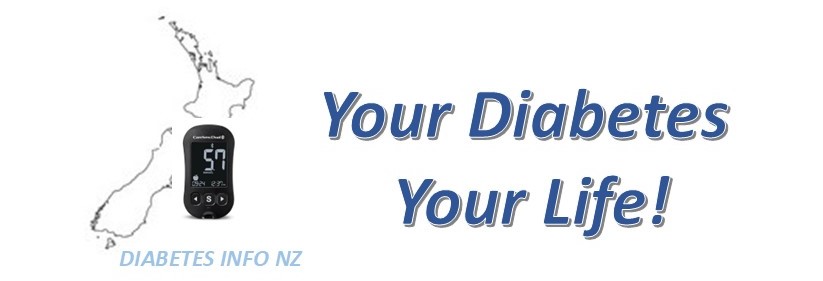Sick Days with Type 1 Diabetes
Sick Days
Illness can play havoc with your diabetes. You will need to pay special attention to your blood glucose levels when you are ill and may need to make some changes to your usual diet and insulin doses.
Illness and insulin
When we are sick our bodies are under stress and this leads to the release of a number of hormones that can raise the blood glucose level. For this reason you may need significantly more insulin during periods of illness or if you have an infection. Watch your blood glucose levels carefully, testing every 3 or 4 four hours.
Diabetic ketoacidosis (DKA) can develop if insulin levels are not sufficiently increased during illness. Test your urine for ketones.
Never reduce or stop taking your insulin – even if you are not eating much.
If you have very high blood glucose levels or test positive for ketones then contact your doctor immediately. Drink plenty of fluids (sugar free).
Illness and food
You may not feel like eating your usual diet if you are unwell. That’s OK. You can replace your normal foods with sugary drinks or foods that slip down easily – soup, ice cream, yoghurt or custard, for example.
Keep an eye on your blood glucose levels – you may be able to spread out your usual food intake, having little and often.
Sick-day action plan
- You and your diabetes team should prepare a sick-day plan – a set of guidelines to help you manage your diabetes whilst you are unwell. This should include advice on the following:
- Testing your blood glucose levels
- Testing your urine for ketones
- Adjusting your insulin doses
- Foods that can substitute your normal diet
- When to call for help
- Who to call for help or further advice if you are worried
